Figuring out a homeschool schedule can be a challenge. Should you focus on reading and math? What about the other subjects? Are you doing enough in a day? Will they eventually get it? Once your homeschool year begins, it sometimes takes a few weeks to figure out what works for you and your family. Here are few things to consider when you are structuring your homeschool day.
Create a plan.
A few weeks before school starts, I create a general plan of what we are going to study. You can base this on the order of your homeschool curriculum, the Common Core standards, or even decide that it is going to be more child and play centered. If you are planning your very first year of homeschooling, make sure you check out these considerations for planning. Need something more formal to help you plan? I created my own DIY planner to help me stay organized.
Structuring your day.
Kids like routine. They like to know what is expected of them and when they are expected to do something. For this reason, I’d recommend that you create a schedule and share it with them.
Here’s our daily school schedule:
8:30 – 9:00 Get up, get dressed, make bed, clean room, eat breakfast, and brush teeth and hair.
9:00 – 12:00 School begins. Work on core subjects.
12:00 – 1:00 Lunch and break
1:00 – 2:00 Outdoor adventures and fun projects
Do we follow this schedule every day? No. Sometimes we have field trips, play dates, co-op classes, or doctor’s appointments, and much of the day is replaced doing those activities. This is just the schedule we created for our family that works for us. You have to find a schedule that works for your family.
Keep it simple, silly.
My first year of homeschooling, I knew that my son would become an art aficionado, learn to play piano, read 2 grades above his current grade, and be able to identify every country (and their flag and capital) around the world. I had big plans on what we were going to study that year; it was going to be amazing!
Boy, were my expectations off!
What I learned from that first year is to keep it simple. Simply focus on the basics – reading, handwriting, and arithmetic. If you have time for other things, then feel free to do so. However, don’t feel like you must cover history, art, music, health, physical education, as well as all of the other subjects.
Once we slowed down and focused on the basics, I discovered that my son would let me know what he wanted to study. In fact, he’d literally come to me and tell me, “Mom, I wanna learn about …” Then off we’d scamper to the computer to research it. Or head to the library to find books about it. At the end of the year, I figured out that he didn’t have to have a curriculum for the other subjects; he naturally wanted to explore them. Oftentimes we went more in-depth than what he would have studied them if we had used a curriculum on that subject. After realizing this, I didn’t worry about teaching all of the subjects; as long as he was exploring them, he’d learn about it in his own timing.
Have fun and enjoy the journey.
Our first year of homeschooling was a journey. We loved every minute of it – from the nature walks to library visits, from learning from books to exploring our own interests. The plan that I had created helped keep us focused on what we needed to cover. The structure of a schedule helped him to know what and when to expect it. However, the simplicity of our core subjects allowed him the extra time to let his mind develop a natural sense of curiosity. And that is what we want every child to have – a desire to want to learn. That is the journey.
Is this your first year homeschooling or are you considering it? What are you most excited about? What are your fears? I’d love to hear what your hopes and expectations are.
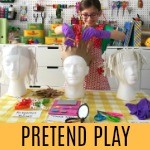
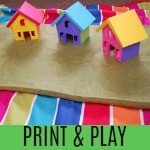
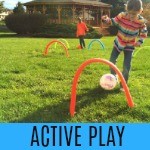


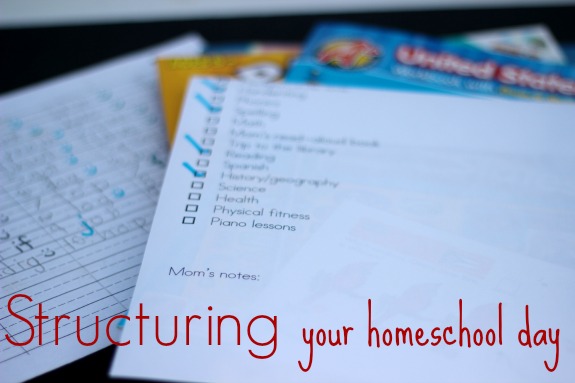

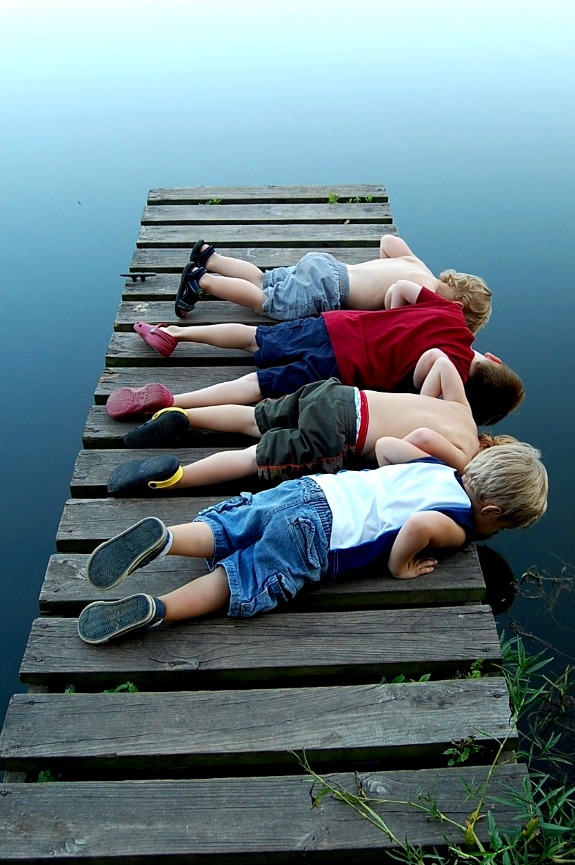

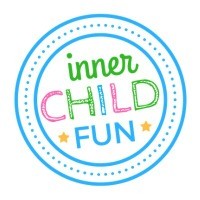


Great article, Leann. This is our first year officially homeschooling. And, we are keeping it simple. With our kinder and preK kids, we are focusing on basic math and early literacy skills and lots of read alouds and keeping it play based. For our first grader, we added an integrative unit studies curriculum for our core and then math and phonics on top of that. As the kids get older, I will add more but for now it helps ease the transition to keep it to the basics like you said. And this leaves a lot of free time to play which I think is what young children need most.
We are just starting to homeschool our 4yr old this year – and so far it has certainly been an adventure! i am a stay at home mom of two, so we pretty much keep things on a simple schedule as well. We start our ‘school’ time at 930 with our ‘morning board’ (songs about days of the week, months of the year, weather, with interchangeable pieces for each) and work in 15-20 min blocks, interspersing worsksheet activities with hands on learning, and focused teaching (new concepts) with games for repetition learning. Ive found my 4yr old learns best in unit studies, so we learn about a new theme each week (though some are 2wk) and do a field trip for each. Being so young, we only do about 45 min of ‘class time’ type learning a day – the rest we fill with engaging activities that reinforce the concepts she is learning, and outdoor play time
I’m happy to see others using the same philosophy, and look forward to reading through your blog for more ideas!
Enjoy learning with your little one!